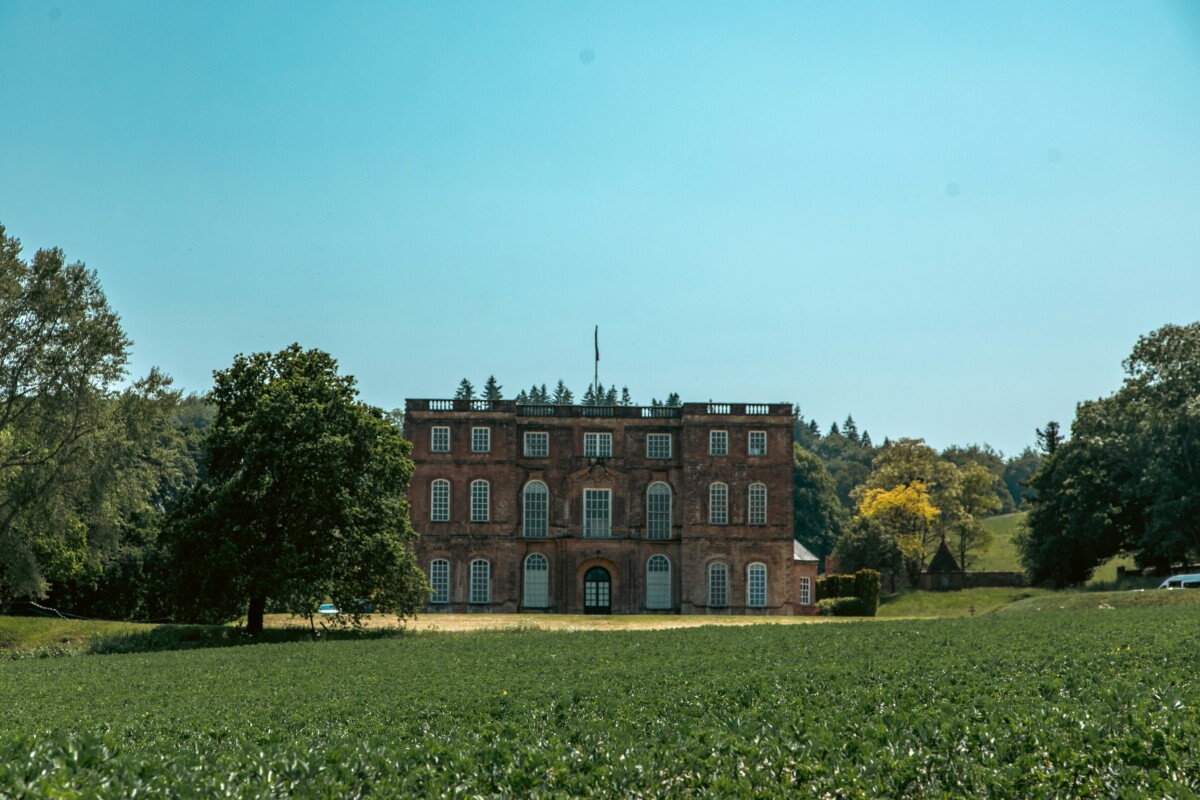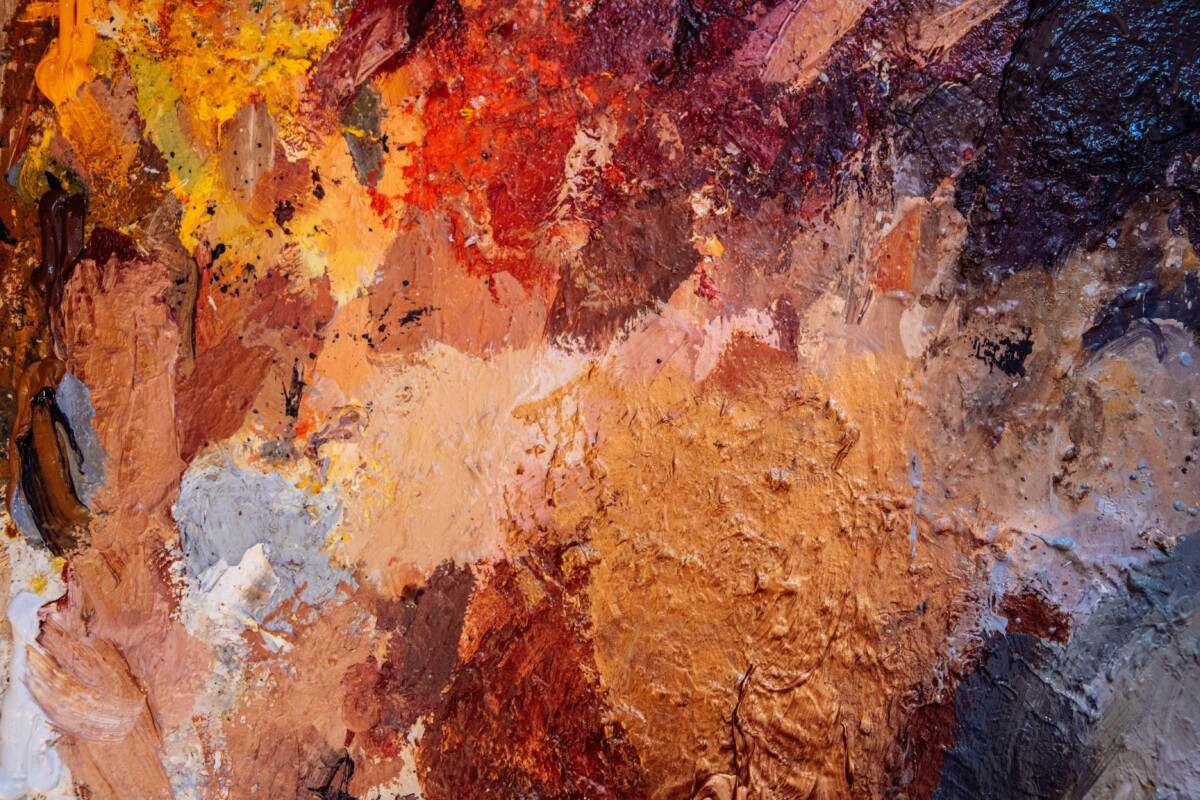Listen to the full podcast episode on YouTube, Spotify, and Apple Podcasts.
Edward isn’t your average paint entrepreneur. He’s a historian by training, an interior designer by trade, and, in his own words, “a slightly reluctant businessman” who stumbled into the world of paint-making when a project at Goodwood Estate opened his eyes to an uncomfortable truth: the stuff we use to coat our walls is, quite literally, covering our homes in plastic.
It was a revelation that sent him down a rabbit hole of history, chemistry, and corporate accountability. What he discovered wasn’t pretty.
“Since the 1950s, we’ve embraced polymer technology — plastic — to make modern paint,” Edward explains.
“It’s marketed as water-based, eco-friendly, safe. But look behind the label, and it’s often anything but.”
His response? Edward Bulmer Natural Paint — a range rooted in what he calls “ancient wisdom and innovative science”, using natural, plant-based ingredients rather than fossil fuel derivatives. But his mission goes beyond tins of paint. It’s a challenge to business as usual itself.

The Problem With Business as Usual
Edward’s views are shaped not only by his career but by his upbringing. Growing up in rural Herefordshire, surrounded by the legacy of his family’s cider business, he saw a model of capitalism that felt personal, connected, and — crucially — fair.
“Family businesses, when they work well, understand that looking after people and place isn’t a bolt-on. It’s part of the DNA,” he reflects.
“But too often, when businesses scale or float, that gets lost. The pursuit of endless profit takes over.”
It’s a sentiment that feels especially relevant in today’s fraught sustainability landscape. With political backlash brewing against ESG, and greenwashing rife, Edward believes transparency is now the most radical act a company can undertake.
His magic wand wish? Simple: ingredient labelling on paint tins.
“We declare what goes into food, cosmetics, cleaning products. Why not paint? If you knew you were coating your home in microplastics and petrochemicals, would you?”

Sustainability Isn’t Optional — It’s Survival
Beyond paint, Edward’s critique runs deeper. He’s blunt about the existential nature of the climate crisis, but also about the cognitive dissonance that allows large swathes of the commercial world to carry on as though business as usual is still an option.
“The climate effects are accelerating. The science is clear. But money still drives decisions,” he says.
“Until business understands that sustainability isn’t a nice-to-have — it’s the key to permanence — we’re stuck.”
It’s not just philosophical. It’s practical. Edward’s business model is a masterclass in solving multiple problems at once: healthy homes, heritage protection, reduced carbon footprint, and, yes, turning a profit.
“Every part of what we do can be profitable. Sustainability isn’t a sacrifice. It’s good business.”
The Optimism We Need (and the Honesty We Lack)
For all the frustrations, Edward isn’t cynical. He’s driven by a quiet, pragmatic optimism — one rooted in action, transparency, and a refusal to sugar-coat the challenges ahead.
“I couldn’t do business any other way now,” he says.
“We all need to start asking harder questions — of the products we buy, the companies we support, the systems we’ve inherited.”
Because whether it’s the paint on our walls, the food on our plates, or the future of our planet — ignorance might be easy, but it’s never harmless.
Sponsored by...
truMRK: Sustainability Communications You Can Trust
👉 Learn how truMRK helps organisations strengthen the credibility of their communications.
Want to be a guest on our show?
Contact Us.
The Responsible Edge Podcast
Queensgate House
48 Queen Street
Exeter
Devon
EX4 3SR
Recognition.
Join 2,500+ professionals.
Exploring how to build trust, lead responsibly, and grow with integrity. Get the latest episodes and exclusive insights direct to your inbox.
© 2026. The Responsible Edge Podcast. All rights reserved.
The Responsible Edge Podcast® is a registered trademark.
Sponsored by truMRK
© 2026. The Responsible Edge Podcast

